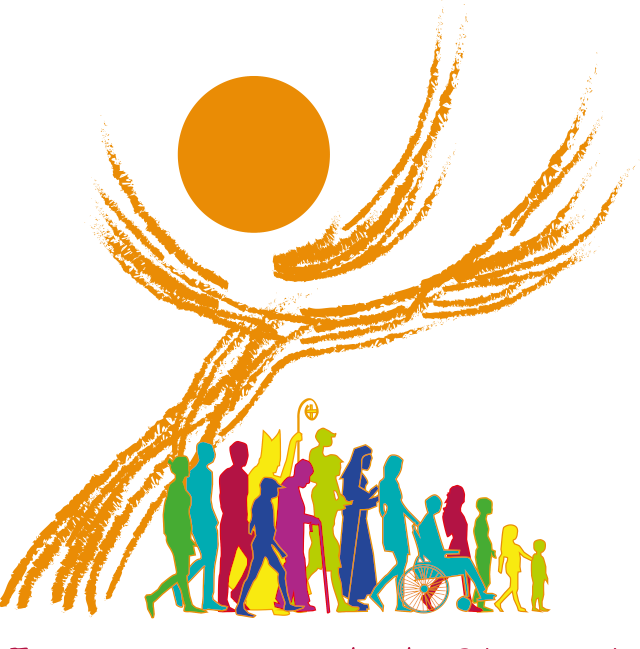Love in Action
1. It is easy to love people next to you. But what about human rights in many countries? Actions are important.
2. The song says, “It’s...
In Germany the Bishops and Laity have agreed to set up a SYNODAL CONFERENCE which will deal with and adopt decisions on important issues of the Catholic Church. Clergy and Laity will have equal representation. Dr. Martin Schockenhoff will explain how it is structured and how it might be adapted in other countries.

1. It is easy to love people next to you. But what about human rights in many countries? Actions are important.
2. The song says, “It’s...

Press release Stuttgart, 31 January 2026
The Federation of German Catholic Youth (BDKJ),...

On January 24, 2026, we gathered the group of lay Christians to plan activities for this year, considering the pastoral challenges, in partnership with...

We are Church-Germany on Bishop Bätzing's resignation from his second term as DBK chairman
Press release, Munich, Bonn, January 20, 2026
We are...

Press release by We Are Church - Germany, Munich, Rome,...

A CALL TO OPEN-MINDED CHRISTIANS
We, representatives of 30 Christian associations gathered at the General Assembly of Les Réseaux du Parvis around...

We Are Church rejoices and sends congratulations and good wishes to Eva and her family
In the heart of Sahiwal, at Sacred Heart Church, a small but deeply...

An extract from Brendan Hoban's article (Association of Catholic Priests)
We need something different from successive study-groups who invariably manage...


Five members of We Are Church talk about the hopes they have for synodality in their country and for all across the world..
TranscriptsWe Are Church at the 2025 Asian Youth Academy /Asian Theology Forum in Yogyakarta, Indonesia
Martin Schockenhoff from Wir Sind Kirche, Germany, is representing We Are Church at this year's forum. He is pictured with friends from past years.
"As a relevant spiritual formation project for young activists, the AYA/ATF places much emphasis on their religious identity amid the all-things-mixed global world. It also aims to make them what Pope Francis calls “missionary disciples” armed with strong Christian identity with socio-political awareness, socio-cultural analysis and spiritualty."
The emphasis at this year's forum is on:
For several decades many in the We Are Church movement have met regularly to celebrate the Eucharist together in our homes and at other gatherings. The arrival of the Covid pandemic led to a switch early in 2020 to holding these Eucharists online using ZOOM.
Celebrating ZOOM Eucharists has brought We Are Church closer together as a movement.
We have gathered some of the texts we have used for these Eucharists which we hope may encourage others to organise a house Eucharist or ZOOM Eucharist with a group of friends.
We celebrate monthly Eucharists
with international participants
on Saturdays at 16.30 hrs
Central European Time
If you would like to join us,
please contact
This website uses cookies to ensure you get the best experience on our website.
